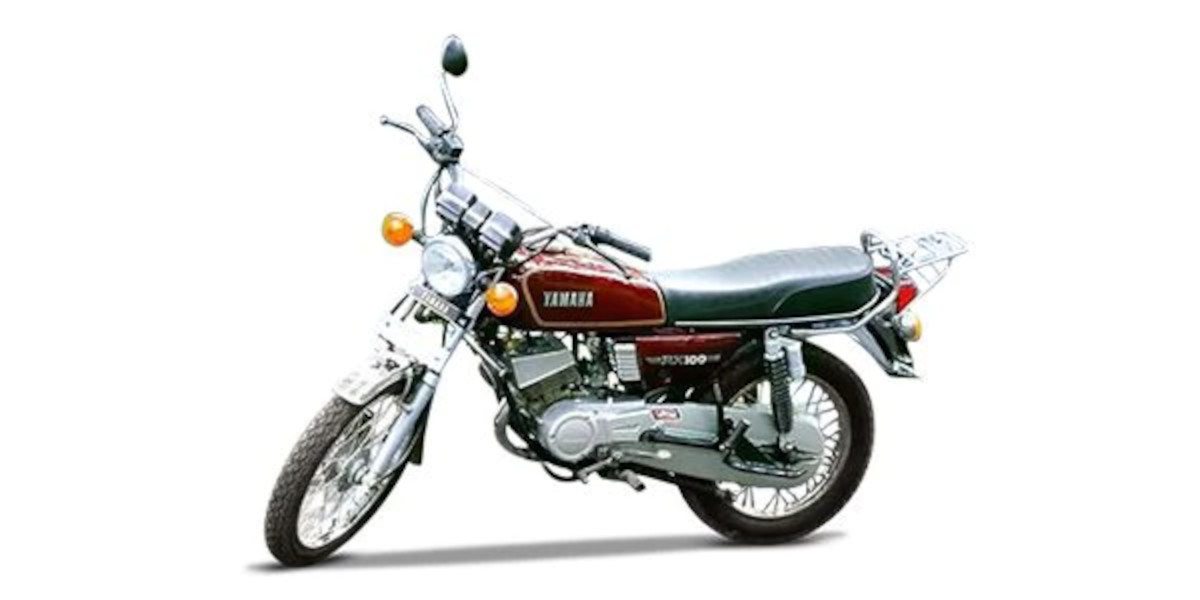Speculations have been rife about Yamaha’s plan to revive the iconic RX100 that has garnered a massive loyal fanbase over time. However, the concern has always been whether Yamaha can do justice to the revered name. The question on everyone’s mind is how Yamaha could replicate the spicy character of the original two-stroke RX100 with a four-stroke motor.

What Yamaha India Chairman said about RX100
Autocar India Team had caught up with Yamaha India Chairman Eishin Chihana to get his take on this. Chihana acknowledged the RX100’s history in international markets and expressed surprise at its iconic status in India, loved by riders of all ages.
He emphasized that the Yamaha RX100 holds a special place in India’s heart owing to its distinctive styling, lightweight, power, and sound. He further stated that to recreate these elements in a four-stroke model, the engine must be a “minimum of 200cc, but even there, you can’t produce a great sound.”
“We have no intention of compromising the RX100’s legacy. Until we are won’t launch it unconfident that we can deliver a high-performance, lightweight bike with the right performance, we won’t current line-up; 155cc is insufficient.”
Here are the pros and cons of Yamaha’s plan to bring back the RX100:
Pros:
- The RX100 is an iconic bike in India, and there is a lot of demand for a new version.
- Yamaha is a reputable company with a good record of producing high-quality motorcycles.
- A new RX100 could be a very successful bike in India and other markets.
Cons:
- It is possible that a new RX100 would not be able to live up to the expectations of fans of the original bike.
- The cost of developing a new RX100 could be high.
- The bike could face competition from other performance-oriented motorcycles in the 200cc-plus segment.
Overall, the pros of Yamaha’s plan to bring back the RX100 outweigh the cons. The company has a good chance of creating a successful bike that will appeal to fans of the original model and new riders.
Here are some additional thoughts on the pros and cons:
- The pros of a larger-engined RX100 include better performance, more power, and better sound. However, the bike would also be heavier and more expensive.
- The cons of a larger-engined RX100 include that it would not be as iconic as the original two-stroke model. It would also be more challenging to maintain and repair.
Conclusion
Ultimately, the success of the new RX100 will depend on how well Yamaha can balance the pros and cons. If the company can create a bike that is both performance-oriented and lightweight, it could be a very successful model.
In conclusion, it may not be soon that the Yamaha RX name will come back in India. However, Yamaha is diligently working on it, and when the bike does come, it will have a larger-than-200cc performance-oriented engine.



































